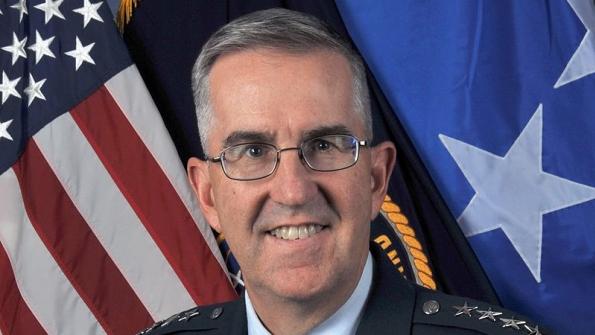
Credit: U.S. Defense Department
China’s test of a fractional orbital bombardment system (FOBS) and a hypersonic glide vehicle over the summer should have created more of a sense of urgency within the Pentagon, but that has not happened, the No. 2 military officer says. Vice Chairman of the Joint Chiefs of Staff Gen. John Hyten...
Subscription Required
This content requires a subscription to one of the Aviation Week Intelligence Network (AWIN) bundles.
Schedule a demo today to find out how you can access this content and similar content related to your area of the global aviation industry.
Already an AWIN subscriber? Login
Did you know? Aviation Week has won top honors multiple times in the Jesse H. Neal National Business Journalism Awards, the business-to-business media equivalent of the Pulitzer Prizes.
